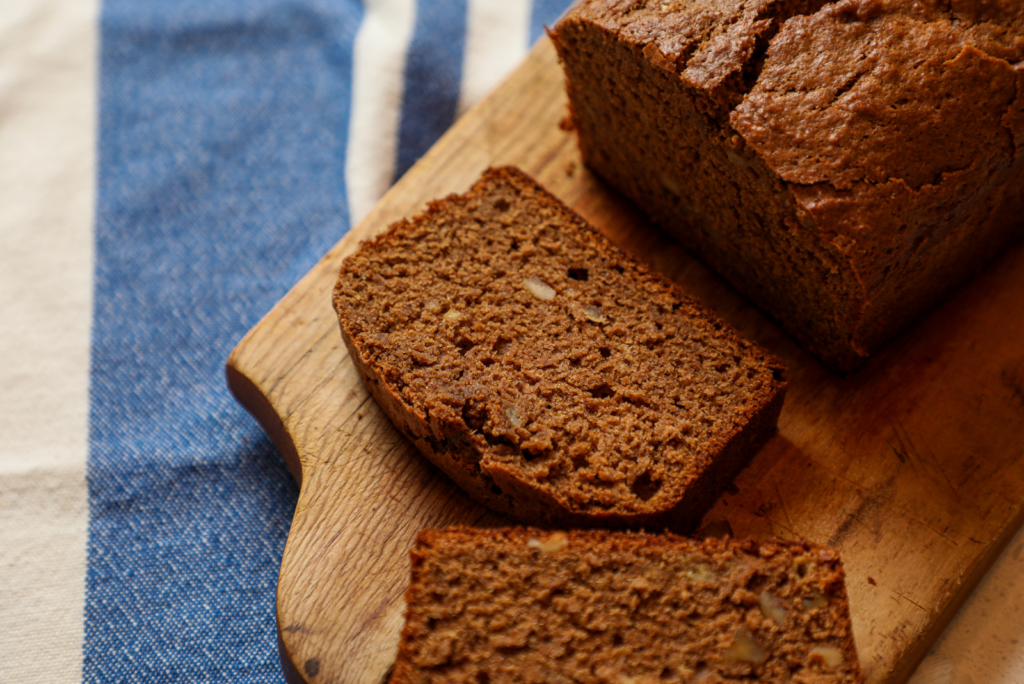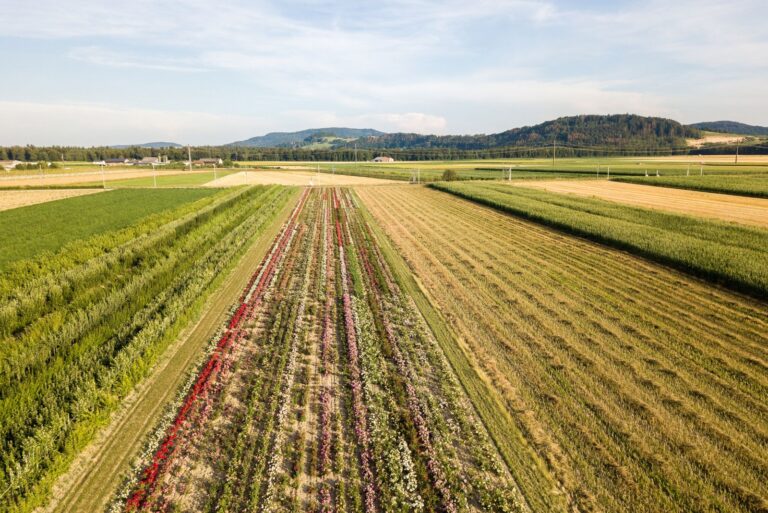KANSAS CITY, MO — Regenerative agriculture, a farming concept that has been around for hundreds of years, is gaining ground as a viable solution to restoring the earth’s biodiversity. However, it’s a solution that will take years to implement. In the short-term, cost vs. ROI must be taken into account, whether a bakery sources ingredients made from regenerative farming or local grain, like New Haven, CT-based Chabaso Bakery. Along with Atticus Bakery, its bakery-cafe sister business, Chabaso has been involved with New England’s local grain movement for quite some time.
“Before the pandemic, we shifted all of the flour and grains used at Atticus to only New England grown from small-scale growers and millers,” said Reed Immer, director of sales and marketing for Chabaso. “But at Chabaso, we’ve realized that we can’t make a product with 100 percent locally sourced, regenerative practice grains because it goes way past the price point we need to be competitive in a mainstream grocer. Part of the value we provide to our customers is knowing the economic constraints they are working with.”
Instead, the Chabaso team shares its learnings from baking with local grains at Atticus with its customers.
“It’s almost been like a bread lab for Chabaso in terms of being able to test items in a more intimate, smaller environment,” Immer said of the work at Atticus. “We tell our customers, ‘This is what’s working in the micro bakery, super-premium world, and we think there’s some trends that can flow over into your more mainstream grocers or foodservice operators.’”










